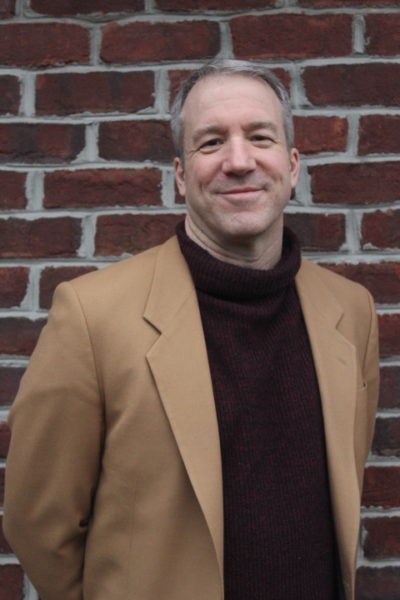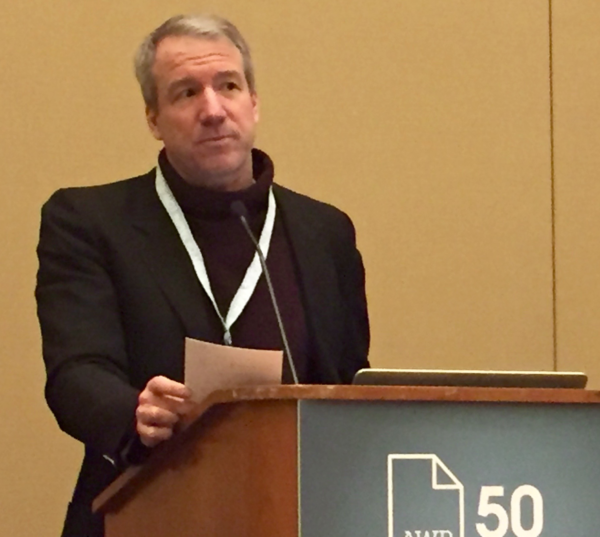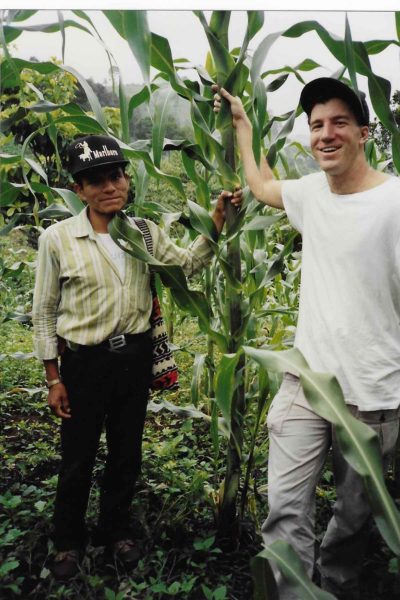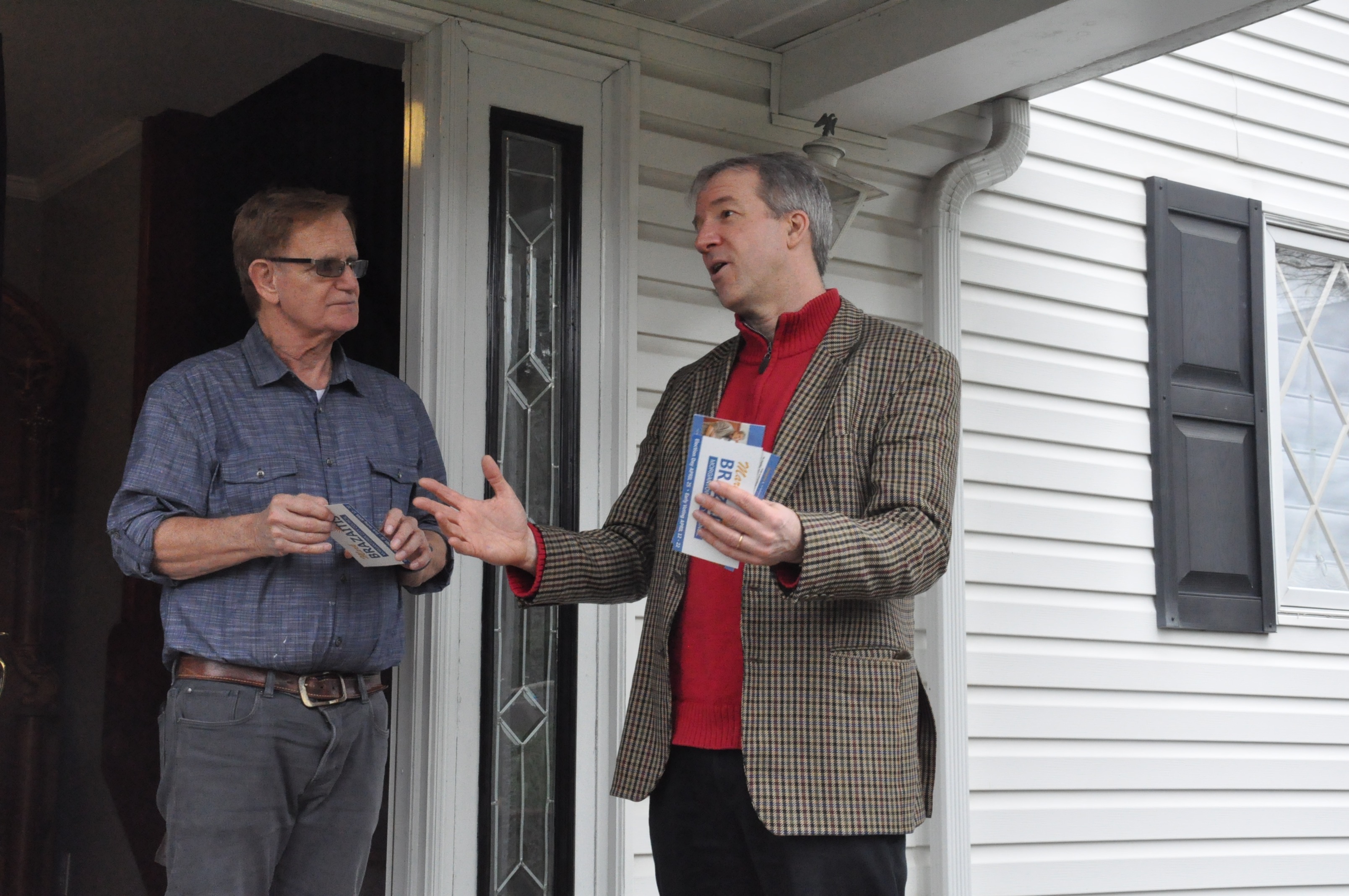 With Morgantown’s City Council Elections approaching on Tuesday April 25, the staff at Zackquill contacted all 14 City Council Candidates and offered them each the opportunity to introduce themselves to our readers. All candidates were asked the same set of questions, and each response will be posted in the order that Zackquill receives them. Our first response comes from Mark Brazaitis, Candidate in Ward 6.
With Morgantown’s City Council Elections approaching on Tuesday April 25, the staff at Zackquill contacted all 14 City Council Candidates and offered them each the opportunity to introduce themselves to our readers. All candidates were asked the same set of questions, and each response will be posted in the order that Zackquill receives them. Our first response comes from Mark Brazaitis, Candidate in Ward 6.
1. Why are you running for Morgantown City Council? Why should our readers vote for you in the upcoming election?
I am running for a position on Morgantown’s city council because I have a deep belief in, and a profound commitment to, the people of our city.
I am professor of English at WVU, where I have taught for 17 years. I coach four North Elementary School girls’ basketball teams, co-direct a learn to skate program at the Morgantown Ice Area, am a founding member of the Appalachian Prison Book Project, which has sent more than 17,000 books to imprisoned people in six Appalachian states, and co-lead a book club and writing workshop in the women’s prison at USP-Hazelton. I believe in the power of education to transform lives.
I am also a former Peace Corps Volunteer and technical trainer.
At WVU, I was on the Faculty Senate, and I was one of the leaders of Mountaineers for Integrity and Responsibility (MIR), which worked to convince our then-university president to resign in the wake of an infamous and image-tarnishing degree scandal.
I am a husband and a father. My wife, Julie, and I have two daughters, Annabel and Rebecca, both students at Morgantown High School.
I am the author of seven books, and as a city council candidate I am running to write—for all of us to write, together—a dynamic and successful story for Morgantown.
I am running on three main ideas: quality of life, accountability, sustainability.
Quality of Life
We must protect and enhance the essential elements of our city: our small and medium-sized businesses; our parks, trails, and recreation areas and facilities; our close-knit neighborhoods; our roads and bridges; our public services; and our downtown. We cannot be a great city if we endanger what is great about us.
Accountability
A city cannot move forward if its residents don’t know what their city is doing and are denied a voice in their city’s affairs.
Case in point: I am one of a few people who is working to save the Haymaker Forest, the 20- plus-acre woods behind the Circle K on Dorsey Avenue that extends to upper South Park. We learned it was scheduled for destruction because we literally found a map in the woods of plans to raze it, thus giving us time to organize to save it.
Had we not made this discovery, the forest likely would be gone now—and out-of- control traffic would be pouring into South Park and other quiet neighborhoods.
A neighborhood, or anyone in our community, should not be left to the mercy of powerful private and special interests.
We need a representative on city council who is going to speak up for our neighborhoods, families, and residents.
I will be that representative.
I will also be a unifier on the city council because I will be open to, and respectful of, everyone’s input. I believe in the marketplace of ideas. We can have vigorous, productive conversations about how to move the city forward without animosity—or lawsuits. Let the best ideas win.
Sustainability
We cannot succeed in the coming year, or in the coming 25 years, if we do not have a vision for our future. My vision:
- Respect the city’s sound and thoughtful comprehensive plan as a model by which to manage smart growth and preserve and extend invaluable green spaces.
- Hire an outstanding city advocate who will engage with the governor and legislators in Charleston to ensure that Morgantown receives from the state what we’ve earned and what we deserve, including the right to expand the city’s boundaries (a necessary step toward providing Morgantown with long-term financial security) and to extend homerule.
- Hire a grant-writer—or ask the city to designate me as its grant-writer or otherwise make use of my expertise; I have thousands of dollars worth of successful experience. Millions of dollars in grants—to support everything from public-land purchases to enhancements in community theaters to innovations in community responses to problems with drug abuse and crime—are available to cities like Morgantown. There is no reason Morgantown shouldn’t pursue every grant for which we are eligible.
- Move forward together in mutual respect and appreciation of our various talents and backgrounds. Move past “It can’t be done” and “Sorry, that’s just the way it has always worked” and “No” and toward “It can be done” and “This is the new—and innovative—and dynamic—way we can achieve what we want to achieve” and “Yes, yes, yes.”
2. Improving Morgantown’s transportation infrastructure is a complicated issue, involving partnerships with many state, county, and local entities. What role do you see Morgantown’s City Council taking to address these city-wide, and region-wide, frustrations?
The key to preserving our transportation infrastructure, as well as BOPARC, our neighborhood parks, and our rail-trail, is increased revenue.
I will be visionary about a long-term plan to make Morgantown not only economically viable but economically vibrant. My plan includes expanding our boundaries in order to embrace into our community citizens and businesses currently at our edges and thereby increase our revenue stream. With a larger official population (to our detriment, Morgantown has always been viewed by the state as far smaller than we are), we would be eligible for more support from Charleston and for far more robust grants—ones we definitely must pursue.
We need to continue to support Mountain Line, which is an important means of public transportation. I would like to see the city enhance the Mountain Line’s services by providing shelters at key bus stops. This would be an inexpensive measure to improve an important city service.
Both the Mountain Line and PRT deserve praise for providing the public with a valuable service on limited budgets.
In my capacity as a board member of the Mason-Dixon Figure Skating Club and the faculty adviser to the WVU Figure Skating Club, I am working with BOPARCs executive director and others to build a new, year-round ice-skating rink in Morgantown. Our current rink, charming as it is, is old and dilapidated and is open only eight months of the year.
Even so, it is BOPARC’s single revenue-generator. A new rink, with two sheets of ice (to accommodate demand), would be far more profitable and could serve to fund BOPARC’s non-revenue-generating programs as well as greenspace purchases and preservation.
3. In our interview with City Manager Paul Brake, we discussed the growth of the downtown and wharf districts to be family friendly and work-live communities. One challenge to that project is our local homeless population. How do you envision the city growing these communities while honoring the dignity of this vulnerable population?
I love our city’s downtown businesses. Pinocchio’s Books and Toys is my go-to place to buy books. Jeanne, the owner, will order them on the spot and, in most cases, have them delivered the next day.
Jillian Kelly’s Retrotique store—great, throwback shirts and outfits!—and Gary Tannenbaum’s Blue Moose Café are terrific small businesses.
Others abound—and we should support them in any way we can. They make our downtown community what it is.
In conversation with business owners downtown and elsewhere, I’ve learned that there is a distinction between the “local homeless population”—a few men and women who have been neighborhood fixtures for years and, far from being a threat, are part of the community—and a new wave of people who have addiction problems.
We need to make our downtown and wharf districts safe for families, students, and residents.
In partnership with WVU, the county, the state, and even the federal government, we should work on very strong education initiatives to solve the opioid crisis. Every dollar we spend on education will save us $10 down the line in far graver costs.
There is more we can do to make our downtown and wharf districts destination safe and hospitable places:
We should, as a community, discuss quality-of- life innovations so we are a healthier, more welcoming, and more beautiful city. One such innovation might be to turn a select area of our downtown into an open-air, pedestrian space, akin to the vibrant public squares I saw in Guatemala when I was in the Peace Corps and what another college town, Williamsburg, Virginia, now enjoys. A downtown pedestrian space would draw abundant numbers of people to our downtown businesses and restaurants and would provide a healthy and attractive community space in which we could gather to meet and share stories. And like a green belt, it would be a huge selling point to people and businesses considering a move to Morgantown. Our city should study and discuss the feasibility of pedestrian-focused projects.

4. In our reporting on the city’s user fee, we highlighted how the fee has been used to pave some community roads and expand the city’s police force. We also noted that the fee generated an excess sum of one million dollars, which is money that could have been spent at local businesses or used to pay other bills. How would you measure the user fee’s success?
Our roads are the worst in the state. A new study shows that Morgantown motorists are each spending upwards of $1200 a year in vehicle damage because of our broken roads.
The user fee was a necessary fix to a serious problem. Likewise, the user fee helped our city hire and train additional officers. We will see this benefit shortly.
Long term, I don’t believe the user fee is the best solution. I have a more sustainable plan to solve our infrastructure and law-enforcement concerns, including expanding our city’s boundaries and pursuing every grant we can.

5. Five years from now, what changes would you like to see in our community as a result of your tenure on Morgantown’s City Council?
- Create a green belt around Morgantown. The green belt, of which the Haymaker Forest would be the last link, would connect the rail trail, White Park, Marilla Park, and points in between. Bike and walking trails already exist in the Haymaker Forest and could provide us with a “green highway”—a way to walk, ride, and perhaps even cross-country ski to downtown and elsewhere in our city. A green belt would be an incredible selling point for our city, increasing property values all over town and enhancing the viability of local businesses. It would also offer us a spiritual and physical refuge. Preserving the Haymaker Forest and other green spaces would spare us unnecessary traffic and infrastructure headaches. Alas, the Haymaker Forest is in private hands and slated for sprawl-inducing development. We must act quickly before it is lost.
- Facilitate the building of a new, year-round ice-skating rink in Morgantown.
- Promote a wide-ranging discussion of quality-of- life innovations we might enact so we are a healthier, more welcoming, and more beautiful city.
- Hire a grant-writer—or ask the city to designate me as its grant-writer or otherwise make use of my expertise.
- Be visionary about a long-term plan to make Morgantown not only economically viable but economically vibrant.

